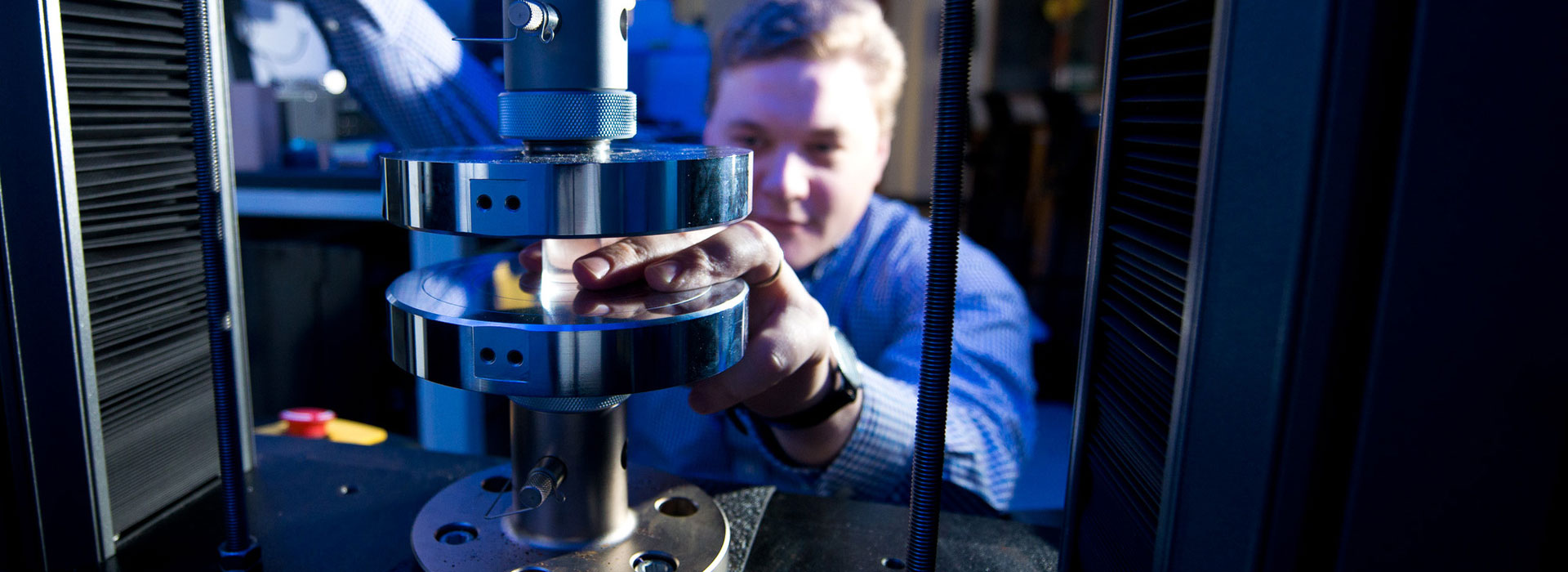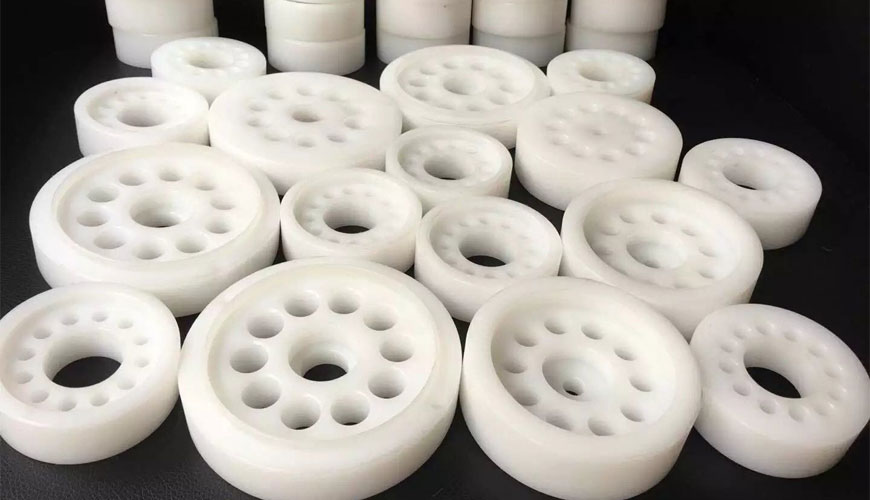

EUROLAB, with its state-of-the-art accredited laboratories and expert team, provides precise and fast testing services within the scope of ASTM D6110 testing. This standard is used to determine the resistance of plastics to fracture by bending shock, as demonstrated by the energy extracted from standardized pendulum hammers mounted on standardized machines in breaking standard specimens with the oscillation of a pendulum.

This test method requires specimens to be made with a milled notch. The notch produces a concentration of stress that favors a brittle fracture rather than a ductile one. The results of this test method are reported in terms of energy absorbed per unit of sample width.
Machines with pendulum hammers are standardized as they must comply with certain requirements, including a constant hammer drop height, which results in a substantially constant velocity of the hammer at the moment of impact. However, it is recommended to use hammers with different initial energies (produced by varying the effective weights) with samples with different impact resistance. In addition, equipment manufacturers are allowed to use pendulums of different lengths and constructions resulting in possible differences in pendulum stiffness.
Samples are standardized to have a fixed length and fixed depth, but the width of the samples is allowed to vary between limits. A milled notch design is allowed. The notch in the sample serves to intensify the stress, minimize plastic deformation, and redirect the fracture to the portion of the sample behind the notch. The scattering in the energy to be broken is thus reduced. However, due to differences in the elastic and viscoelastic properties of plastics, the response to a particular notch differs between materials.
Care should be taken when interpreting the results of this test method. The following test parameters have been shown to significantly affect test results: sample manufacturing method, including but not limited to processing technology, molding conditions, mold design, and heat treatment; notching method; speed of the notching tool; design of the notching apparatus; notch quality; time between notching and testing; test specimen thickness; test specimen width under the notch; and environmental conditioning.
EUROLAB assists manufacturers with ASTM D6110 test compliance. Our test experts, with their professional working mission and principles, provide you, our manufacturers and suppliers, the best service and controlled testing process in our laboratories. Thanks to these services, businesses receive more effective, high-performance and quality testing services and provide safe, fast and uninterrupted service to their customers.
To get an appointment, to get more detailed information or to request an evaluation, you can ask us to fill in our form and reach you.